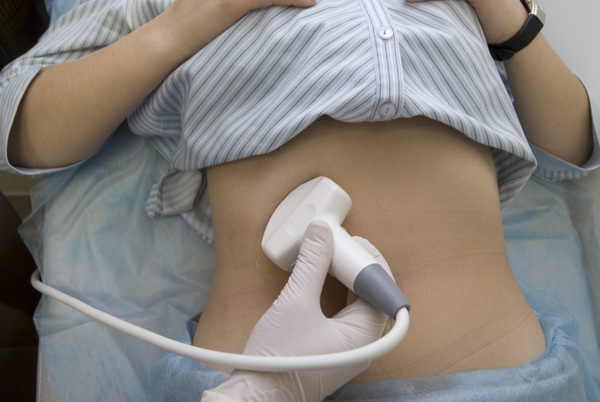According to results presented at the 9th Annual International Liver Cancer Association Conference in Paris, France, patients with cirrhosis of the liver were much more likely to participate in one-time hepatocellular carcinoma (HCC) screening, if they received a reminder letter in the mail. HCC accounts for the second-largest number of cancer-related deaths in the world.
Survival rates for HCC are improved if the tumor is detected early, however the ultrasound used to screen for the cancer – which is recommended every 6 months – is often underused. It is estimated that less than 20% of patients with cirrhosis of liver undergo a surveillance ultrasound at the clinic.
In order to try and improve screening rates, Dr. Amit G. Singal, a hepatologist and associate professor of medicine at the University of Texas Southwestern Medical Center, and colleagues tested the effectiveness of various intervention strategies. This study was the first of its kind to test the effectiveness of outreach strategies to improve one-time HCC screening rates.
Singal and his colleagues randomly assigned 900 patients with confirmed or suspected cirrhosis to one of three screening strategies: standard care with visit-based screening by clinicians, surveillance outreach by mail for ultrasonography, or surveillance outreach by mail including patient navigation. Patients with child type C cirrhosis who were not transplant candidates, and those with significant comorbidities were excluded from the study, as these patients would receive a limited benefit from HCC screening.
To maximize the number of patients receiving the screening, those who did not respond to outreach attempts within a two week period were given up to three reminder calls. The study’s primary endpoint measure was the successful completion of an HCC ultrasound within 6 months of the start of the study.
Results from the mid-point of the study suggested that 16.1% of patients receiving standard care met the primary endpoint, 34.3% of patients receiving the outreach completed the ultrasound and 37.3% of patients receiving the outreach plus the patient navigation participated in the HCC screening. The study coordinators also noted that those with confirmed cirrhosis were quite a bit more likely to book the ultrasound that those with suspected cirrhosis.
According to Singal – who also acts as the medical director of the Parkland Liver Tumor Clinic in Dallas, Texas – future studies will determine whether HCC ultrasound outreach or patient navigation alone, will increase surveillance rates in cirrhosis patients.
Sources:
- Outreach invitations boost HCC screening in cirrhosis patients – http://www.medicalnewstoday.com/articles/299484.php












Join or login to leave a comment
JOIN LOGIN